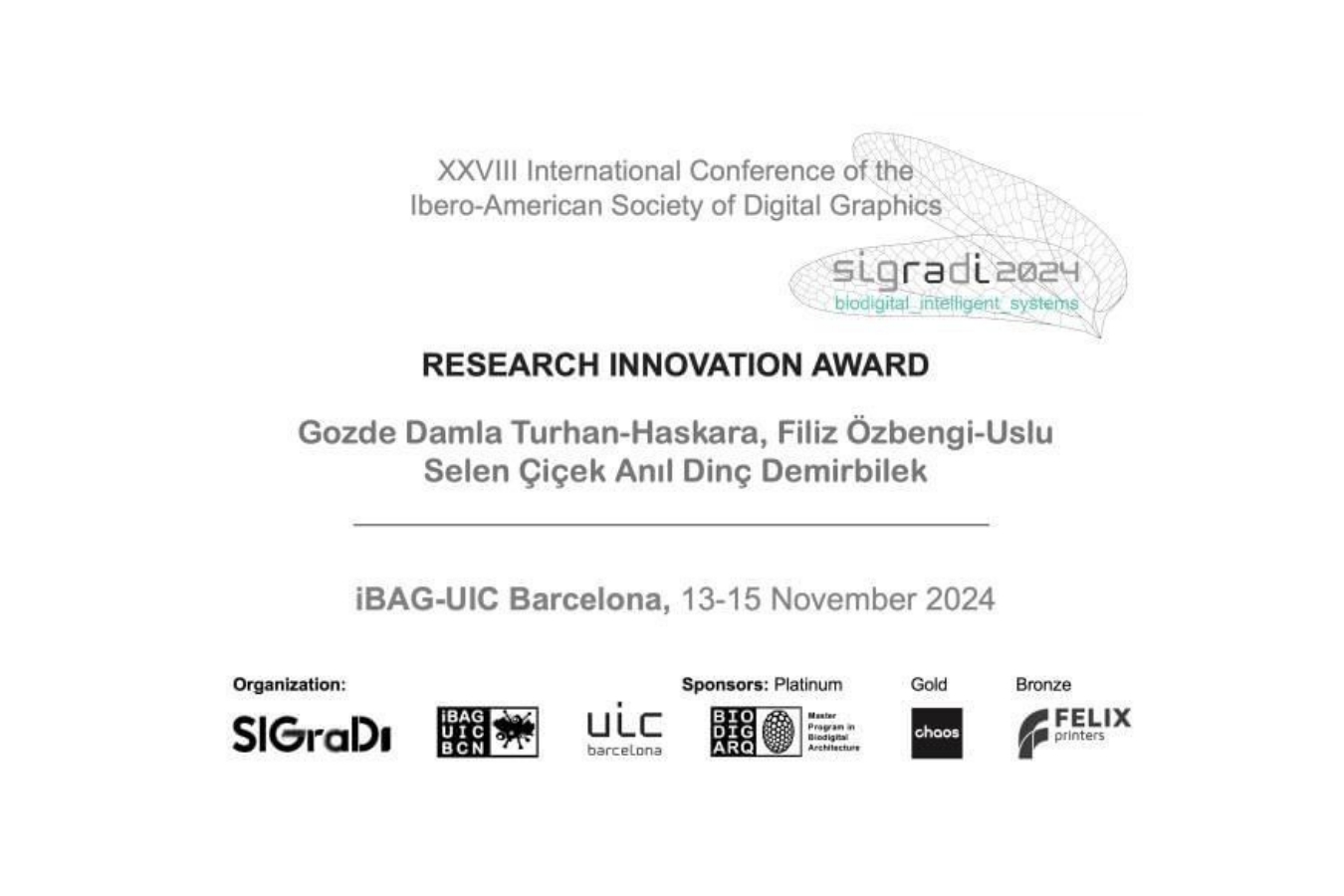
DSS2025 Newspapers
The DSS 2025 | Design Studies Symposium 2025 with the theme of “Failing (Well) in Design Writing” has been shared ...

DSS2025 Book Failing well in Design Writing
Dear All, We are delighted to share news on the publication of the DSS2025 Book by IUE Press with an e-ISBN ...

DSS2025 PROGRAM
The DSS2025 Theme focuses on alleged “failures” in design research, design writing and publishing, and seeing mishaps as opportunities for ...
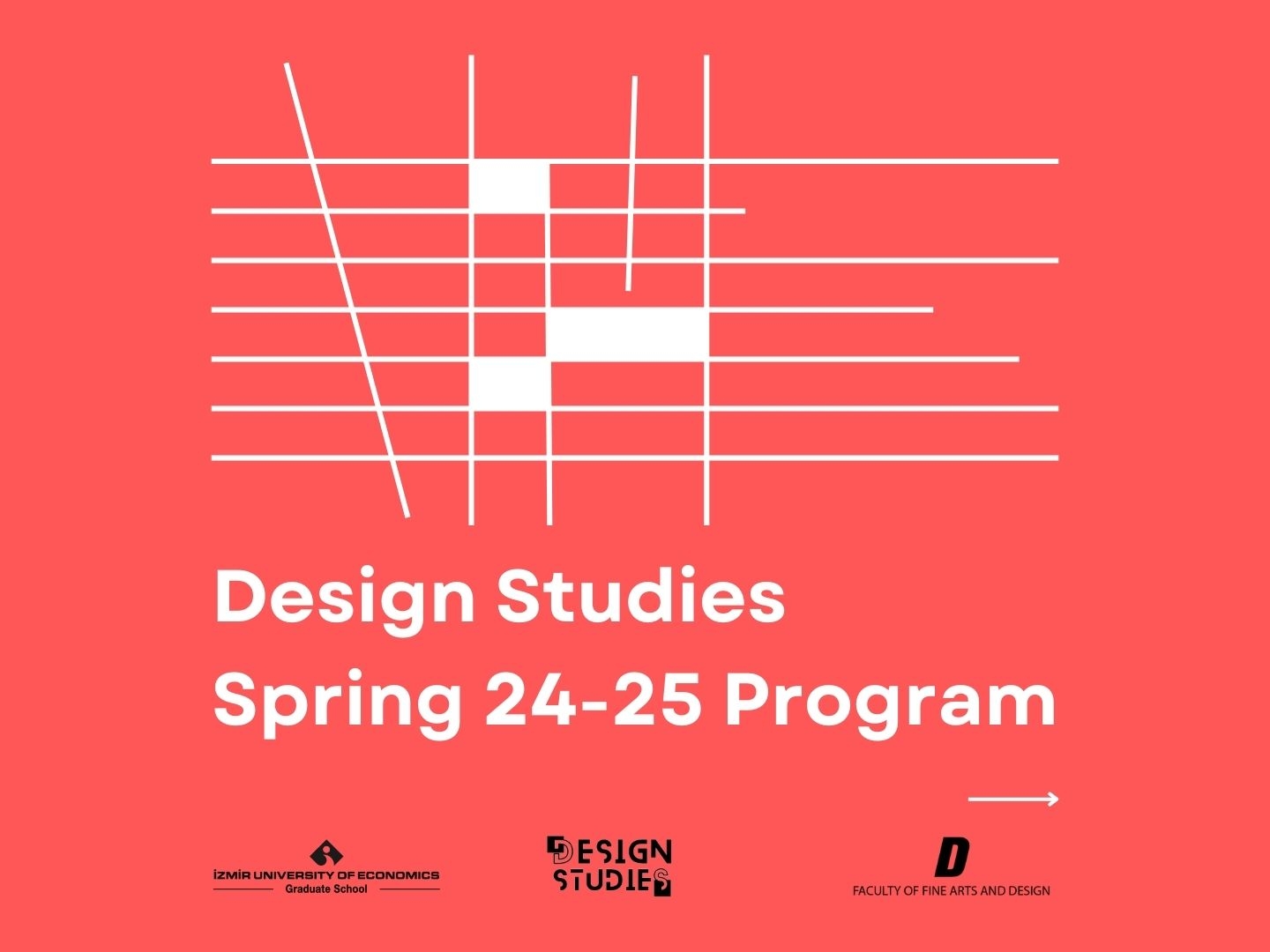
DESIGN STUDIES SPRING 2024-2025 PROGRAM
DESIGN STUDIES SPRING 2024-2025 PROGRAM You may select from the pool of courses, with priority given to 5XX courses for Master's and 6XX courses ...
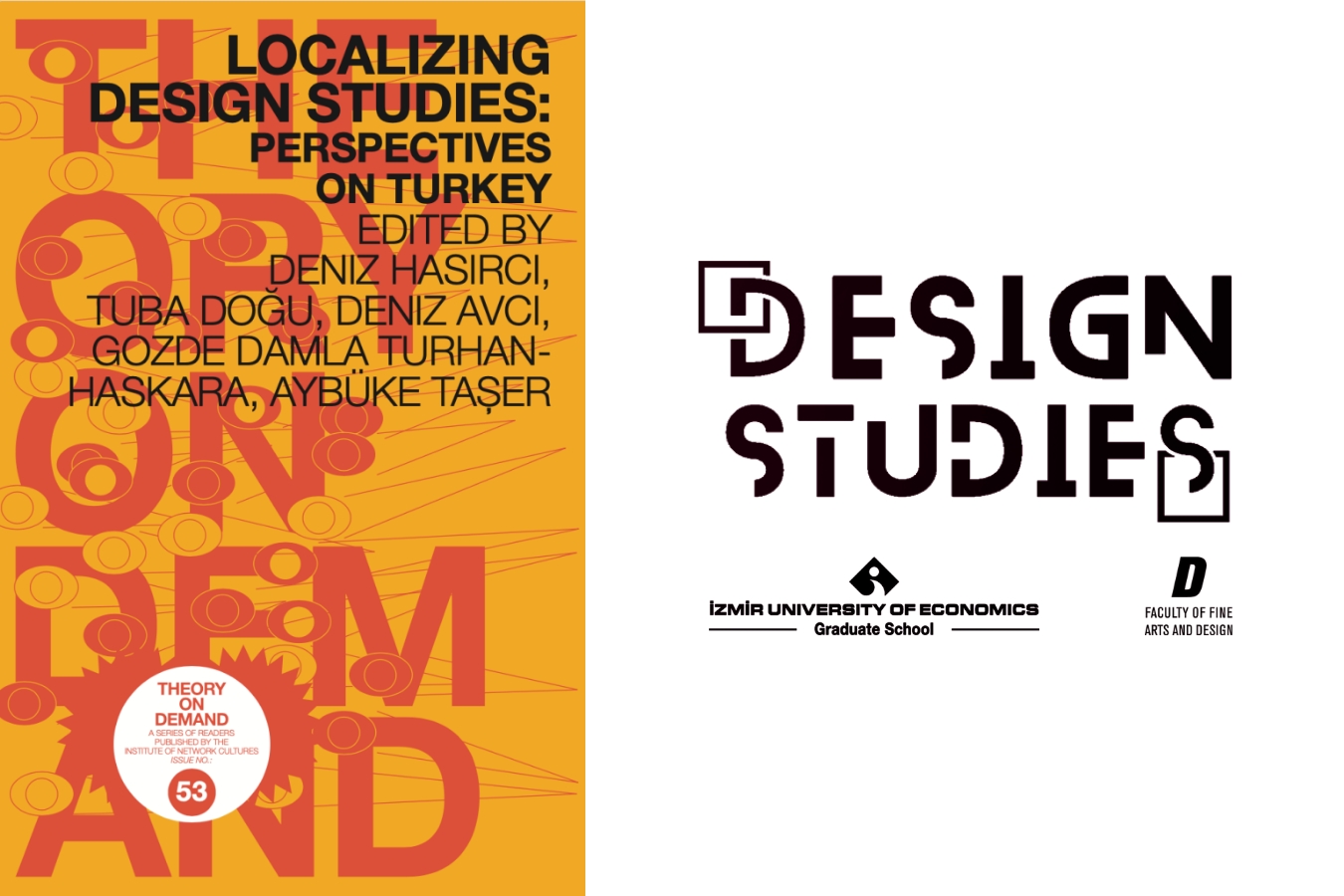
Book is out: "Localizing Design Studies: Perspectives on Turkey"
"Localizing Design Studies: Perspectives on Turkey" (Deniz Hasirci, Tuba Doğu, Deniz Avci, Gozde Damla Turhan-Haskara, Aybüke Taşer (eds.)) has just ...
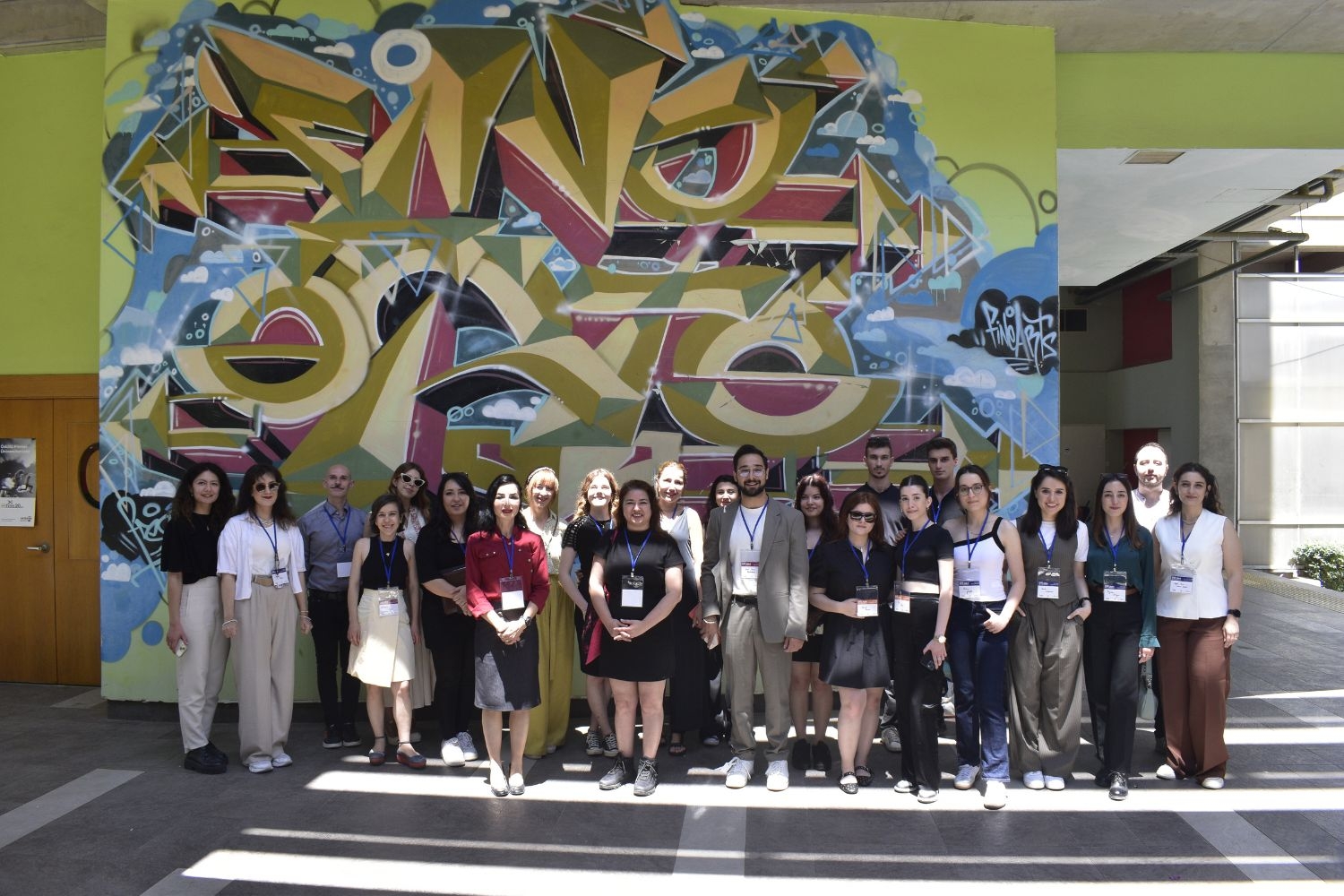
Designers met to ‘increase dialog’
‘Design Studies Symposium’ was organized at Izmir University of Economics (IUE) in order to increase the dialogue between designers and ...
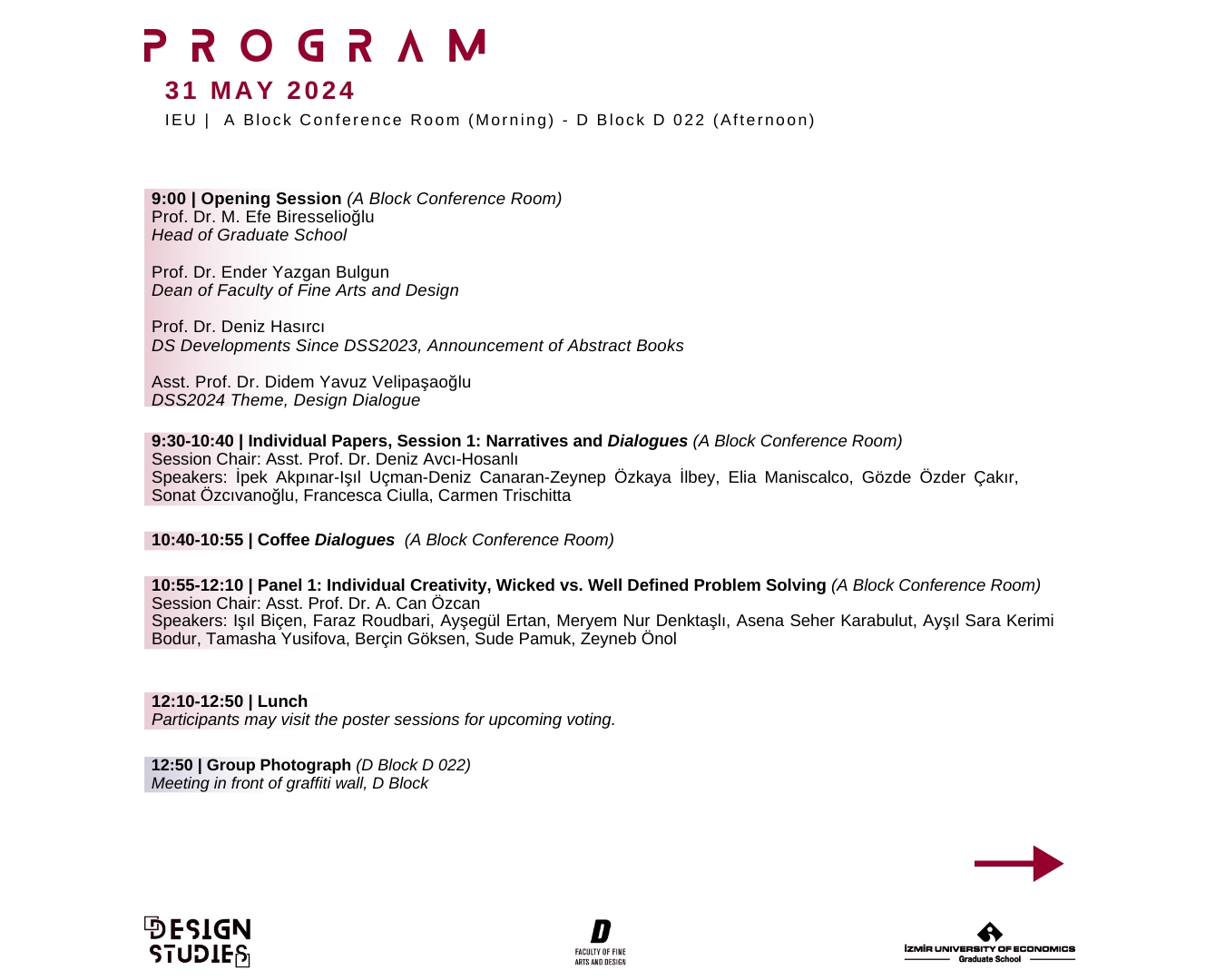
DSS2024 DESIGN STUDIES SYMPOSIUM – DESIGN DIALOGUEs
DSS2024 DESIGN STUDIES SYMPOSIUM – DESIGN DIALOGUE The Design Studies Graduate Program and the Faculty of Fine Arts and Design at ...













